The Department of State on Aug. 5 offered a $10 million reward for anyone who identifies or locates hackers who work for a foreign government to interfere in the U.S. election.
The United States is specifically looking for information on people who may have violated the Computer Fraud and Abuse Act while targeting local, state or federal elections. Special counsel Robert Mueller charged 12 Russian nationals in 2018 with violating the same statute in connection to the theft and dissemination of Democratic National Committee emails.
“The ability of persons, as well as foreign powers, to interfere in or undermine public confidence in United States elections, including through the unauthorized accessing of election and campaign infrastructure, constitutes an unusual and extraordinary threat to the national security and foreign policy of the United States,” the wanted notice states, referencing an executive order signed by President Donald Trump in September 2018.
The U.S. intelligence community assessed in January 2017 that Russia interfered in the 2016 presidential election.
The State Department issued the $10 million reward notice with less than three months left until the federal election on Nov. 3. China, Russia, and Iran are actively working to undermine the election, the head of U.S. counterintelligence said on July 24.
The reward is managed by the Rewards for Justice program, which has disbursed more than $150 million to more than 100 people around the world who provided information to bring terrorists to justice and protect national security.
On the same day, the State Department released a report on one of the pillars of Russia’s ongoing election interference efforts. The report detailed Moscow’s use of proxy websites to push disinformation and propaganda.
“The Kremlin invests massively in its propaganda channels. Its intelligence services and proxies conduct malicious cyber activity to support their disinformation efforts. And it leverages outlets that masquerade as news sites or research institutions to spread false and misleading narratives,” U.S. Special Envoy for the Global Engagement Center Lea Gabrielle told reporters in a briefing about the report.
In addition to promoting COVID-19 disinformation and pro-Russia content, Moscow uses the proxy websites to promote pro-Chinese Communist Party (CCP) narratives, the report found.
“Beijing has also taken a page from Russia’s playbook, leveraging conspiracy websites and proxy channels to push disinformation and propaganda with the goal of undermining democratic norms and institutions,” Gabrielle said.
“The threat of both China’s and Russia’s disinformation is real and it’s dangerous. Authoritarian governments seek to manipulate open and free information environments.”
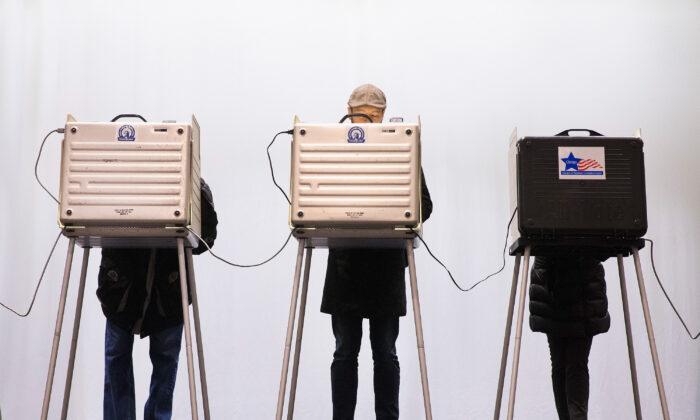

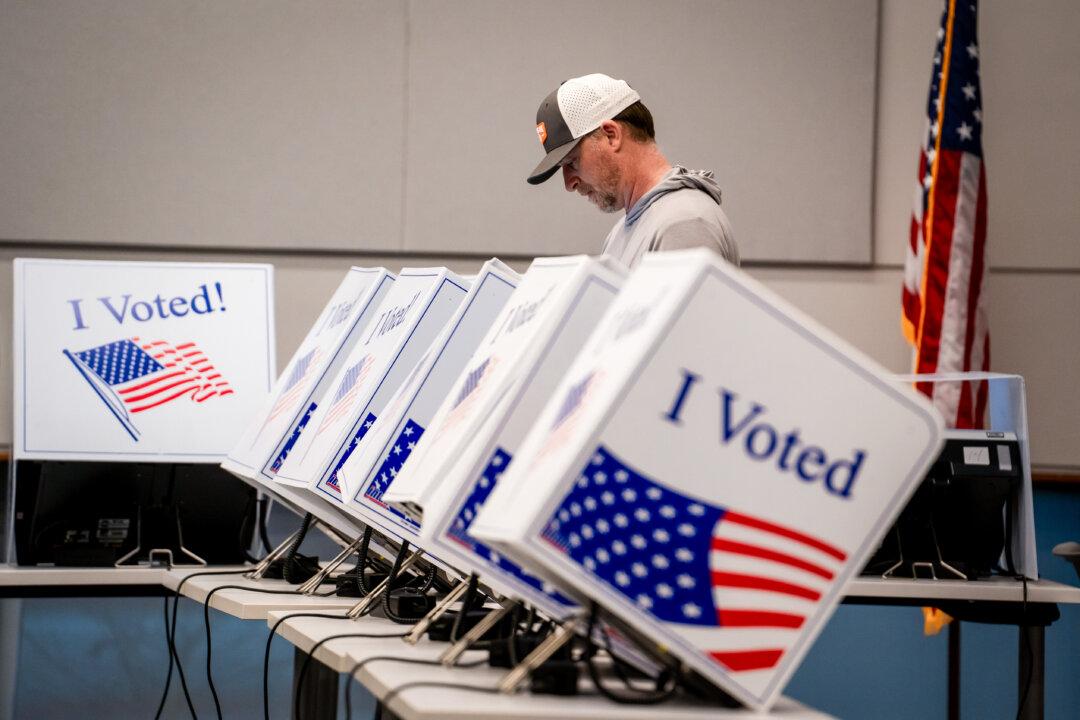
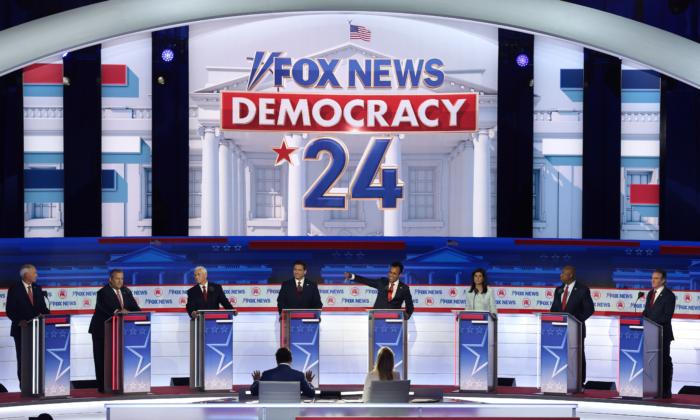
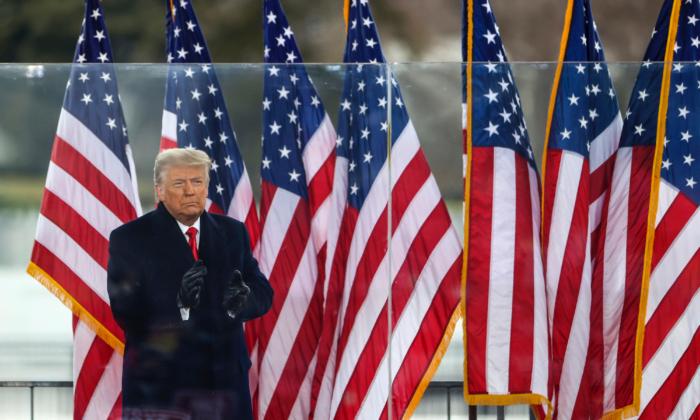
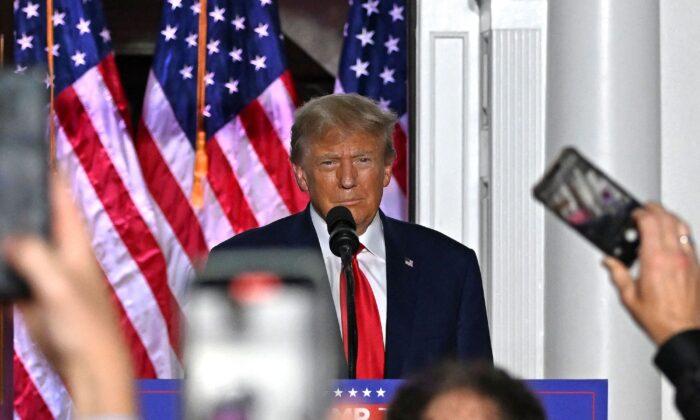
Friends Read Free